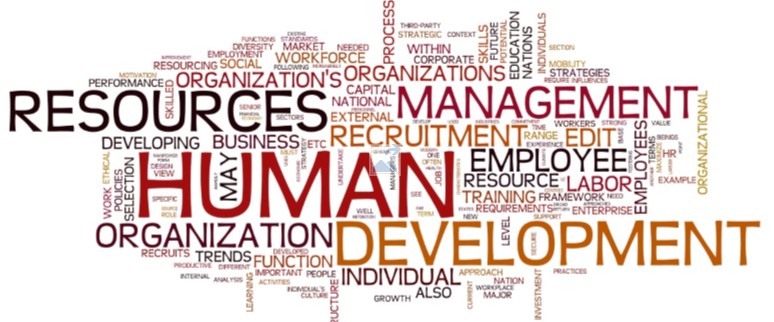
CRISIS MANAGEMENT SERVICES
SOLUTIONS
Safeguarding people
The biggest wave that hits the organization during any crisis is always comprised of people-related issues. Disoriented employees who do not know where to go after evacuation, people with medical conditions or in need of trauma counselling, requests to identify the employees taken to hospital, calls from relatives of the missing or injured people - all these and many similar matters should be handled by professionals accustomed with dealing with people concerns, who have in-depth knowledge of the personnel, and who have access to staff records.
HR records are an invaluable source of information essential for crisis management. For example:
- A list of all employees with contact information would be an absolute must-have in order to locate missing employees at the evacuation site.
- Next-of-kin information is necessary for when close relatives or friends need to be notified in case of injury or fatality.
- Personal profiles of the employees would be of much assistance to Emergency Services in a hostage situation.
- A list of First Aid-trained personnel can be of vital importance, if emergency treatment of the injured is needed before the arrival of professional medical staff.
It's natural to assume that the brunt of those issues will have to be borne by the Human Resources department, who is best-equipped and most capable of solving people-related problems.
In addition, HR executives often act as primary contacts with labor counsel and outside agencies, which makes them ideal candidates for handling emergency communications during crises.
Our purpose is to help the Crisis Management Team (CMT) become prepared to handle the manifold tasks surfacing during a crisis. If you are unsure of your level of responsibility in a crisis and don’t want to be caught off-guard when a disaster hits, you will definitely benefit from participating in the Immersive Crisis Exercise, which creates a close-to-real environment and allows you to partake in crisis management without any actual threat.
Since the biggest challenge of any crisis is to manage people-related issues, the HR department might decide first to go through ICE alone to gain the necessary experience, before introducing their top management to the same training as part of their leadership skills development. This way, the HR team can become well-equipped to handle the overwhelming amount of people concerns during a calamity and can even take the lead in a crisis. The benefits of such an approach would be, for example:
- Gain valuable experience of crisis management in a non-threatening way
- Demonstrate that people issues are always paramount
- Acquire skills in managing information and prioritizing issues related to people during a crisis
- Prove competency in meeting people-related expectations of stakeholders
- Establish Crisis Management capability at the company level (spearhead it as a strategic initiative)
- Demonstrate progressive thinking and an approach to crisis preparedness
- Enhance HR significance and visibility
- Elevate management support for the HR function
If you have any questions, or would like to receive more information, please contact us.